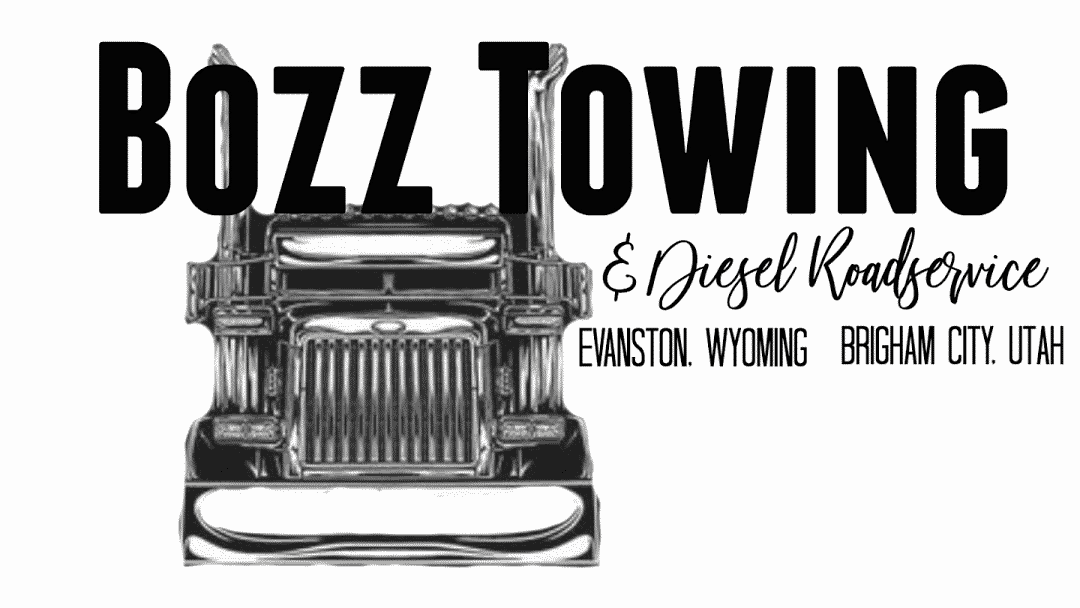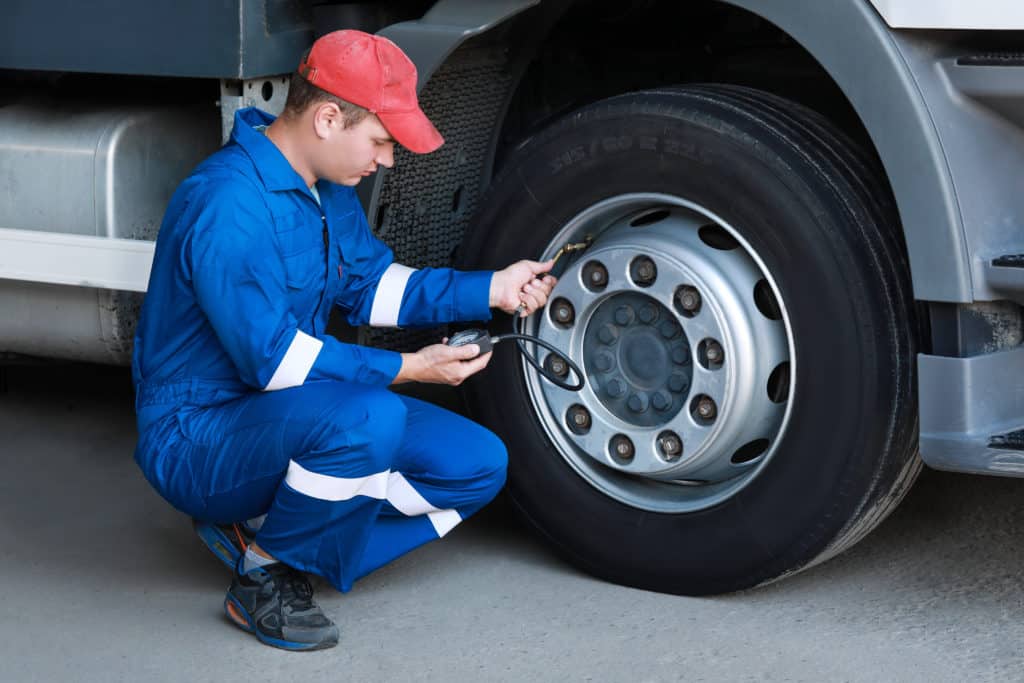Truck drivers are often faced with the challenge of ensuring their semi truck tire pressure is in the proper range. This is no small task because there are a variety of factors that can affect tire pressure. Semi-truck tire pressure is critical to truck drivers for many reasons, including safety and fuel efficiency. This article will cover what you need to know about semi truck tire pressure, how to measure your truck tire PSI, and what PSI should be set for your semi truck tires.
What is Semi Tire PSI?
Semi truck tire psi is the air pressure inside of truck tires. Truck drivers are responsible for ensuring their semi-truck tires have enough psi to ensure safety and maximize fuel efficiency.
The appropriate PSI for semi truck tires is a topic that is often debated among truckers. However, the maximum load, the tires, and the truck all influence how much PSI you need in semi truck tires.
It’s critical to remember that there are a variety of variables that influence the PSI you should use.
You can usually rely on the tire maker’s recommendation as a starting point. Then adjust for the weather you’ll be driving in, the weight of the load, and other variables. We know for sure that if your truck tires do not have the proper PSI, you will lower their longevity and increase fuel consumption.
PSI is a unit of pressure or stress put on an area or surface per square inch.
This is the preferred measurement for semi truck tire pressure since it is the most precise method of determining how full a tire is. It’s also simple to check and change, so truck drivers should master PSI.
Understanding Tire PSI
To understand how PSI works, think about a bike tire. If you put too much air into the tire and it pops (or blows out), that’s not good! But if you don’t fill your bike tires enough, they will be flat.
This same concept applies to semi truck tires. The higher the PSI in your semi-truck tires, the less likely they are to pop or blow out. Moreover, every time you check your PSI is an opportunity for preventative tire maintenance so that drivers can avoid costly problems down the road.
How to Measure PSI for Semi-Truck Tires
The most common and most straightforward approach for truck drivers to check their tire PSI is to use a tire pressure gauge. Tire pressure gauges come in various forms and sizes, but their usage is always the same. Simply insert the end into the air valve on a tire as you open it, and the pressure within will show on the gauge.
Because temperature affects PSI, this is one of the most important factors to consider. More precisely, the air within the tires shrinks when it gets colder and expands when it becomes warmer.
For the most accurate readings, you should test the pressure under the same conditions and at the same time as frequently as possible.
How to Check Semi Truck Tires Pressure in the Field
If you want a more efficient method for checking your semi truck tires’ pressure, consider using an air compressor or powered tire inflator. The benefit of these devices is that they will automatically measure the PSI when connected with compatible equipment such as quick-connect valves on most semi trucks today.
Two other factors truck drivers need to consider when making semi truck tire pressure adjustments are load and terrain/road characteristics. By changing either of these variables, you will have a different amount of weight on your semi truck’s tires at all times. This means truckers must reevaluate the optimal PSI each time this happens.
What is the Right PSI for Semi-Truck Tires?
This is a frequent question, but there is no one-size-fits-all solution. The correct PSI for truck tires varies depending on a variety of factors, such as:
- Tire size
- If the tire is a ‘steer’ or ‘drive’ tire
- Weight the truck is carrying
- Tire brand
- Temperature & weather conditions
You’ll need to know your driver load and the precise size and model of tire you have on your truck to get an accurate PSI recommendation. You may also check the recommended PSI in your manufacturer’s handbook or online. You can also discover the maximum air pressure on the tire’s sidewall.
Overall, it’s critical not to guess or assume the proper tire pressure. Having the incorrect PSI can be costly in terms of consequences and risks.
Check with your tire manufacturer’s load inflation tables to properly inflate your tires for your load, such as these L&I tables from truck tire companies:
Semi Truck Tire Pressure Tips for Truckers
To guarantee that you’re using the best PSI for your tires, so they stay in excellent form as long as possible, here are some simple tire care guidelines:
Regularly check your PSI.
The more often you check the PSI on your tires, the better prepared you’ll be for changing them. This is also an excellent method to detect a rapid pressure decline before going out on the road and risking a blowout.
Inflate tires for the worst case scenario.
Operators should always inflate their semi truck tires for the worst-case scenario, says Bridgestone’s director of engineering, commercial products, and technologies Guy Walenga in Trucking Info, to avoid running below the minimum required for your load
Practice safe driving habits.
The more cautious you are behind the wheel, the longer your tires will endure, and the more uniform the PSI will be. A tire’s PSI can be impacted by abrupt braking or driving over bumps at high speed.
Regularly rotate your tires.
It’s good practice to rotate the tires on your truck every so often, as directed by the manufacturer. This will help the tires wear more evenly.
Take care of your truck’s suspension.
Taking good care of your truck’s chassis and suspension is also important to keep your tire PSI at the proper level. By checking and adjusting suspensions, you can ensure that truck tires get an even amount of wear each time they are used.
How often should semi-truck drivers check their tire pressure?
It’s critical not to guess or assume the proper PSI for semi-truck tires. Checking semi-truck tire pressure regularly is one of the best ways to take care of your truck’s tires and ensure safety while driving. This should be done as frequently as possible, especially before long hauls or trips that will require more frequent stops along the way.
As you can see, checking semi truck tire pressure is an easy way to keep your semi truck tires in excellent condition and prevent blowouts on the road. If you’re ever in need of semi truck tire repair in Utah or Wyoming, look no further than Bozz Towing!
Read More:

